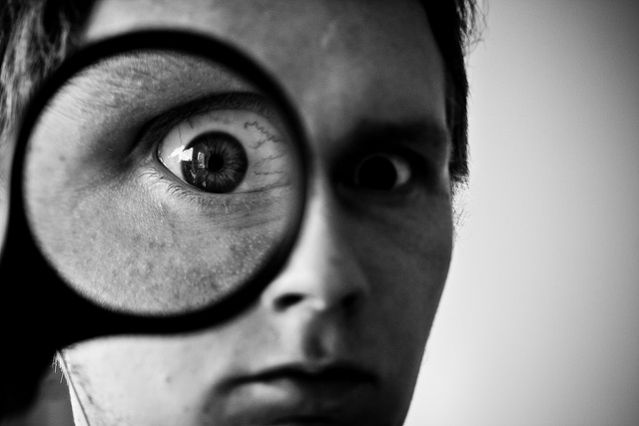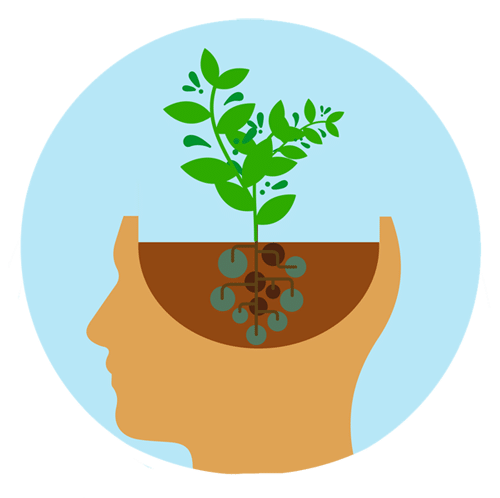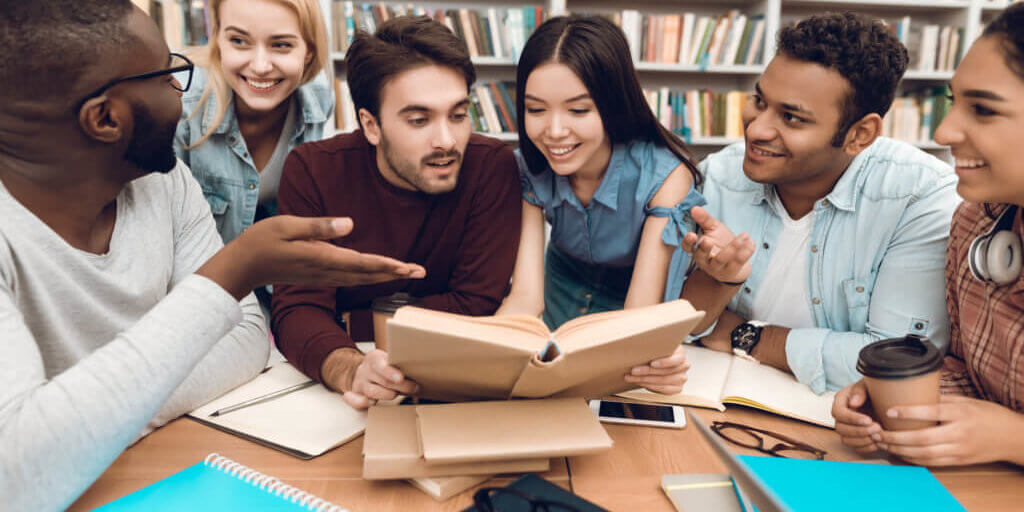People are constantly learning from birth until old age. Ever wondered how we get to learn and the science behind? Let us explain to you how learning is achieved through the eyes of Psychology.
Learning
According to Britannica (2020), Learning is said to be the alteration of behavior as a result of one’s individual experience. People learn through their perception and behaviors upon a certain experience. Psychologists defined learning as a “relatively permanent change in behavior as a result of experience”. They focused on how people learn through interaction with each other and their environment.
Behaviorists think that learning is a matter of observing one’s behavior contributed to the greater understanding of the learning process. It is through how you behave can your truly learn about life, yourself and others.
3 Major Types of Behavioral Learning
It was said that there are 3 major types of behavioral learning that people experience in their learning process:
Classical Conditioning

Classical conditioning is also known as “Pavlovian conditioning” was named after a Russian physiologist, Pavlov. It is learnt through association of two stimulus linked together which help produce a new response that is learned by either a human or an animal. The most popular example of which is his experiment with the dogs. In the experiment, he used a bell and rang it before giving the food to the dogs. He did this a few more times before finally, he rang the bell, and the dogs were waiting for the food but none was given to them causing them to salivate. Through this experiment, we can see how the dogs were able to associate the ringing of the bell with the food. They thought that every time the bell rang, it means that they will be fed.
Operant Conditioning

Operant condition is also known as “instrumental conditioning” due to its use of rewards and punishments for the behavior. A popular example of this is the experiment with the rat. The lab rats were given a lever that has a colored button which changes from time to time. If the button is green, the rats will press the lever to get a food pellet as a reward. If it is red and the rats pressed it, it will cause them to receive mild electric shock as a result. The rats eventually learned to press the button when the light is green and avoid the red light. This experiment is powerful as it plays a role in our everyday learning where we tend to repeat behaviors that gives us rewards and avoid those of which we think will harm us.
Observational Learning

Observational learning is the one that occurs through observation of other people’s behaviors. This is when we observe, watch, memorize and mimic some behaviors that made us curious. Children are the ones who mostly learn through observation. You will notice them that they are trying to mimic how the adults or other children around them behave. This is their way of learning about themselves and other people.
How students Learn?

Many researches have proven that learning and thinking of a person is better improved through classroom setting. The use of learning strategies along with psychology makes their teaching even more effective.
1. Growth Mindset
Growth mindset is the belief that a people’s basic qualities are things that you can possibly cultivate through one’s efforts. Growth mindset believes that effort and success should be directly related to each other. Focus on the goal and persistence despite setbacks is what Growth mindset aims for. Growth mindset and fixed mindset is a good topic to be discussed at the beginning of school as it somehow introduces mindset to the students and lets them think twice about their thinking
2. Background Knowledge
In any subject or topic, having a background knowledge regarding it is always an advantage. Prior knowledge regarding concepts corrects misconceptions or errors in the existing knowledge. Also, it can be used in our daily lives too. Having the right knowledge will lessen the chances that you will get cheated by other people and it will also give you the ability to correct other people’s false thinking. A way to assess your student’s prior knowledge regarding a topic is by discussing at least 10 true or false statements that can be discussed during the lecture. This will keep them interested and thinking about your lecture.
3. Practice
With the amount of knowledge, we tend to perceive from books and others, we will have a difficulty storing all data in our brain. In order to be able to encode it in our brain and become a long-term memory, it is essential to keep on practicing problems, activities and skills. Practice tests should be given to students with some open-ended questions to make their minds curious and see how much they learned from the discussion.
